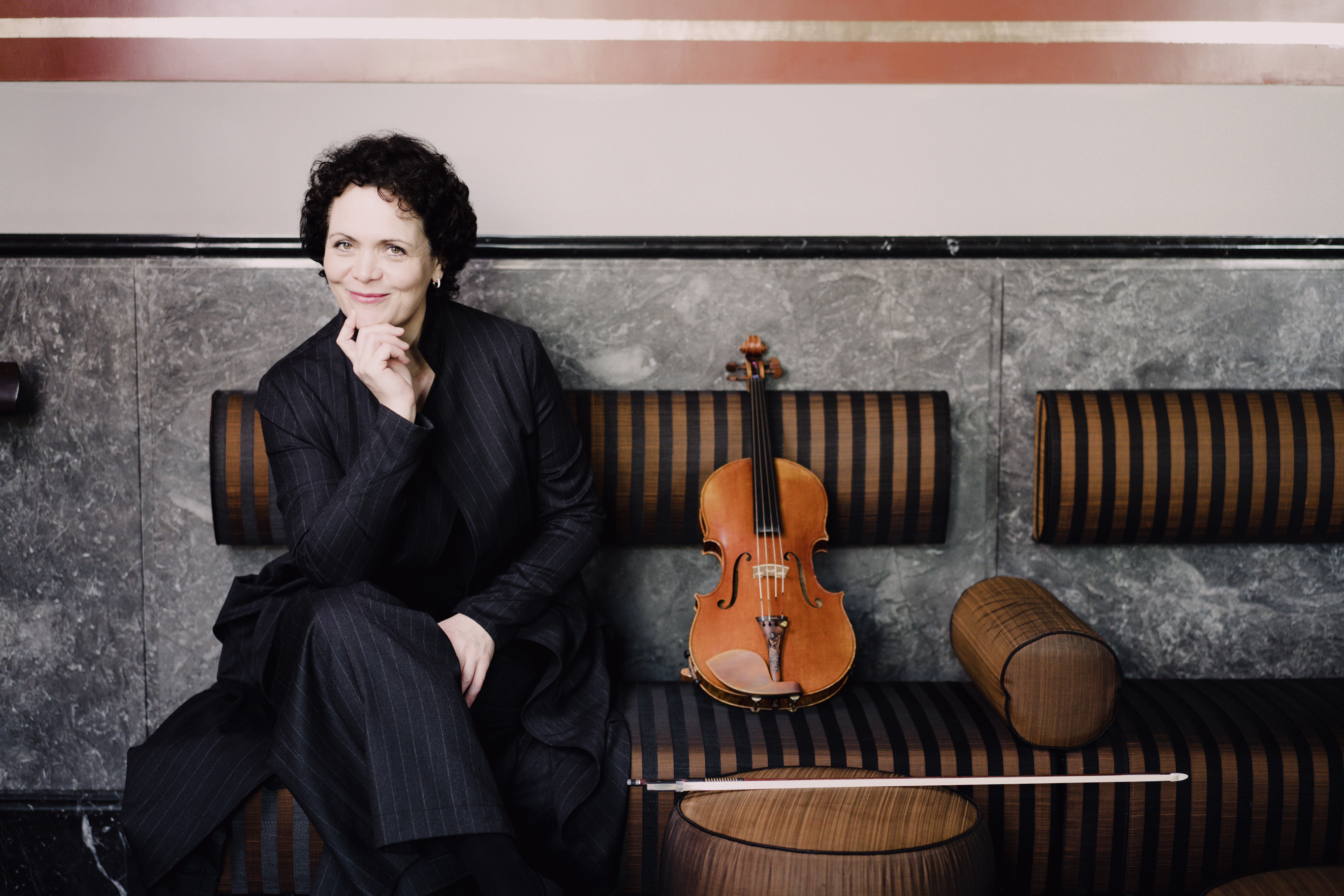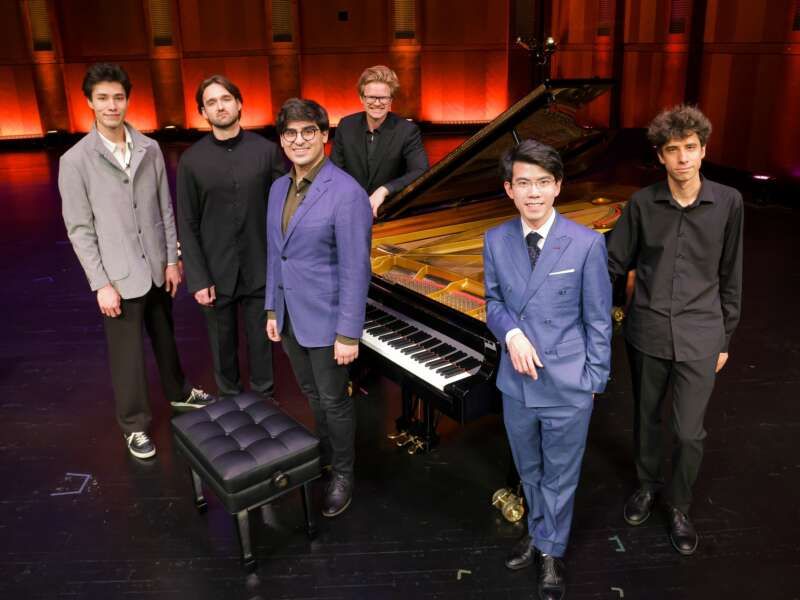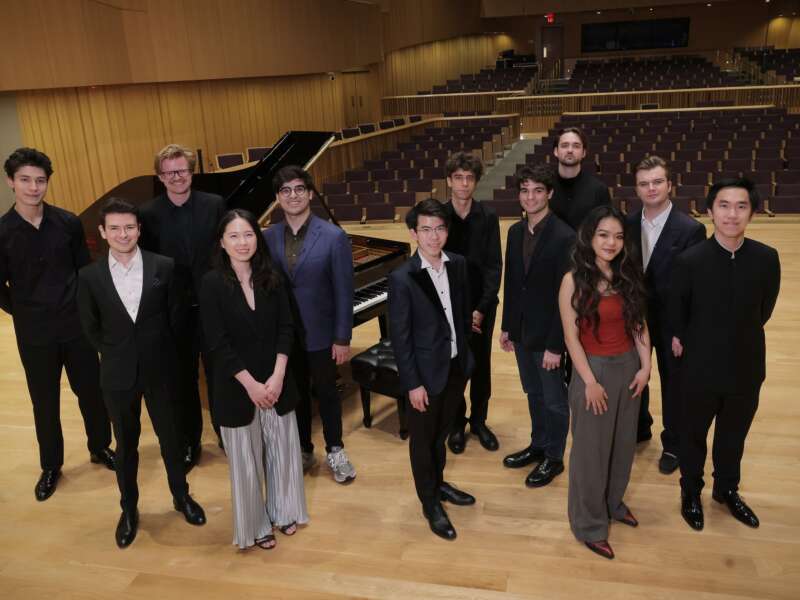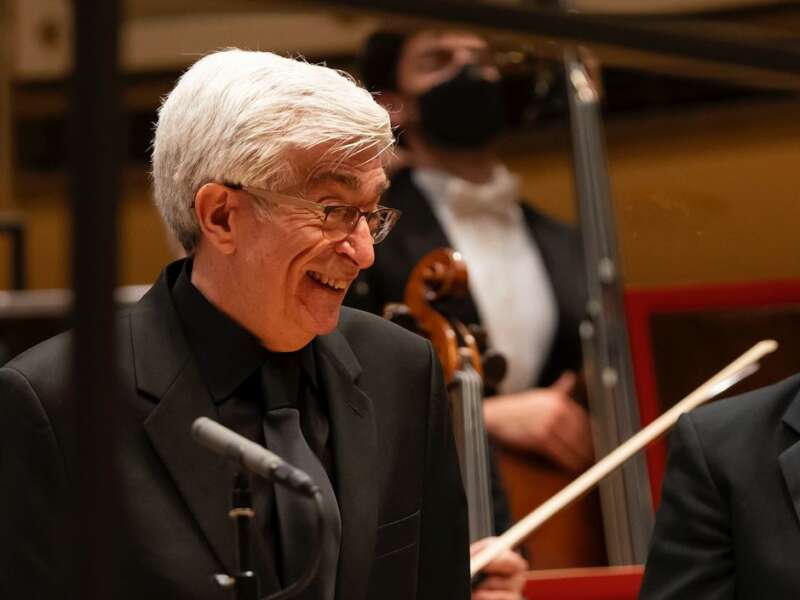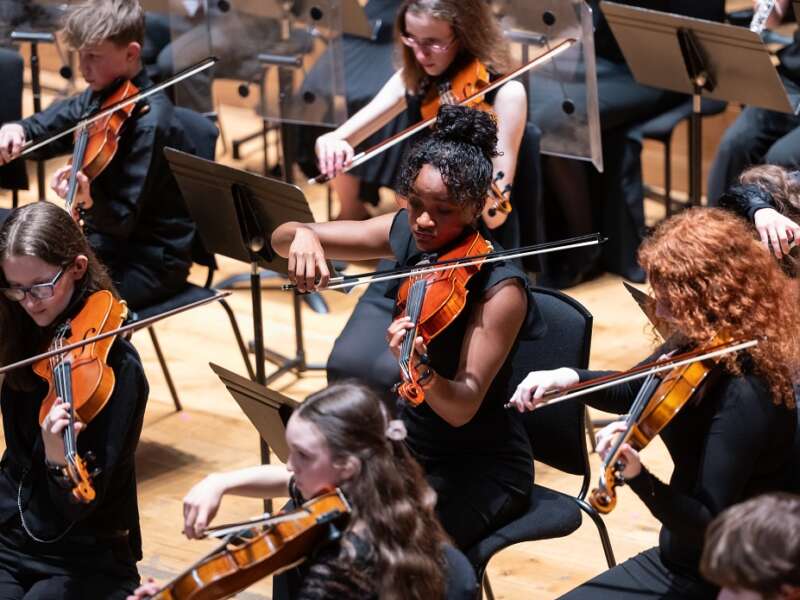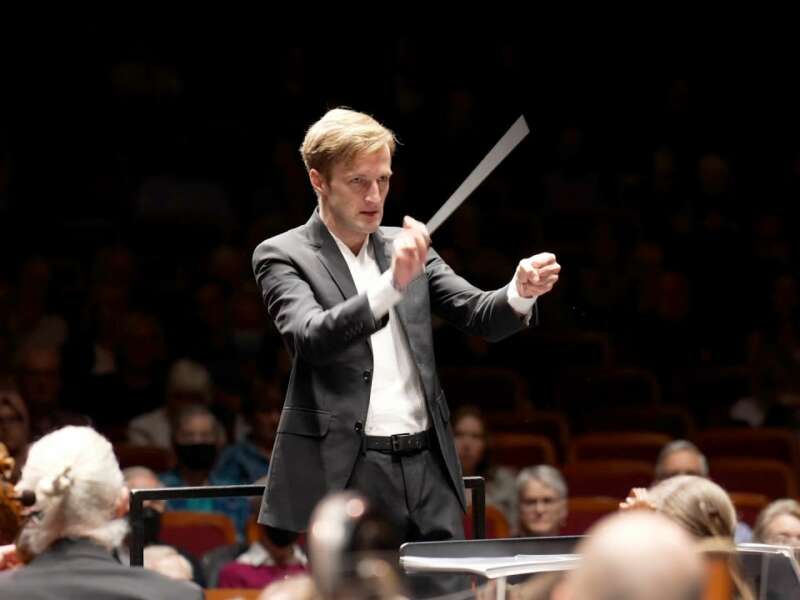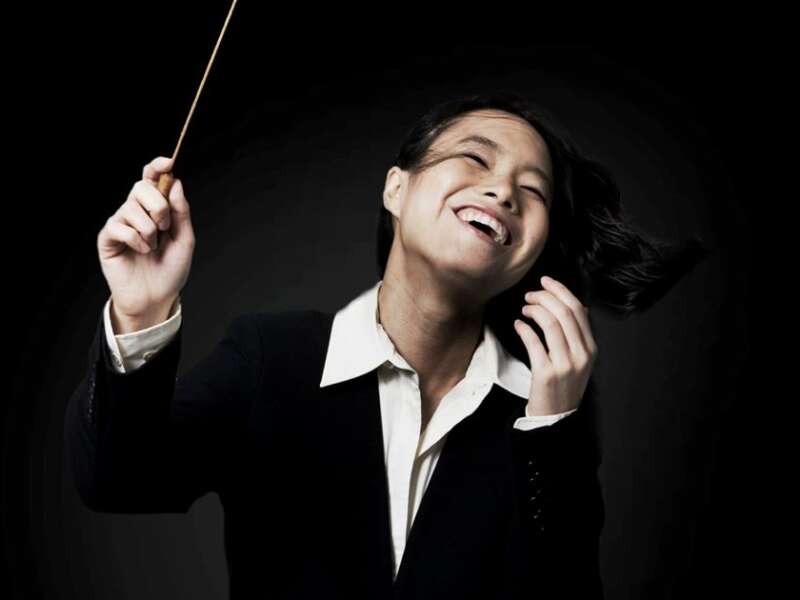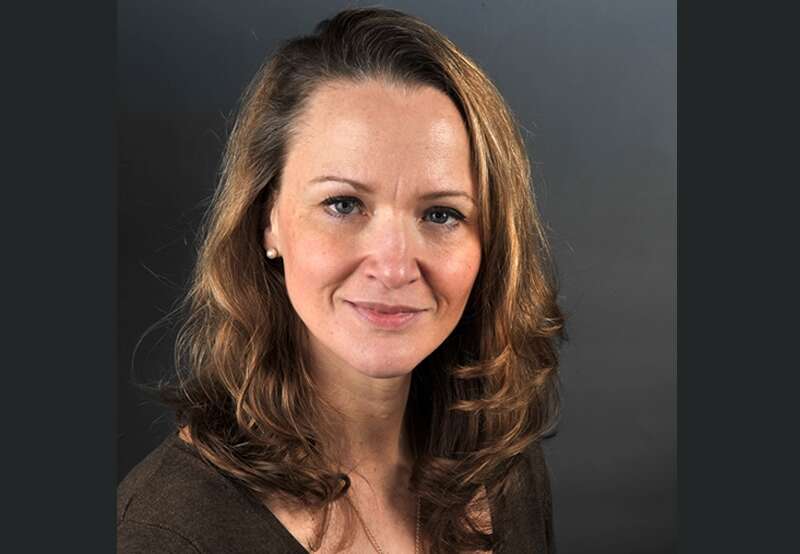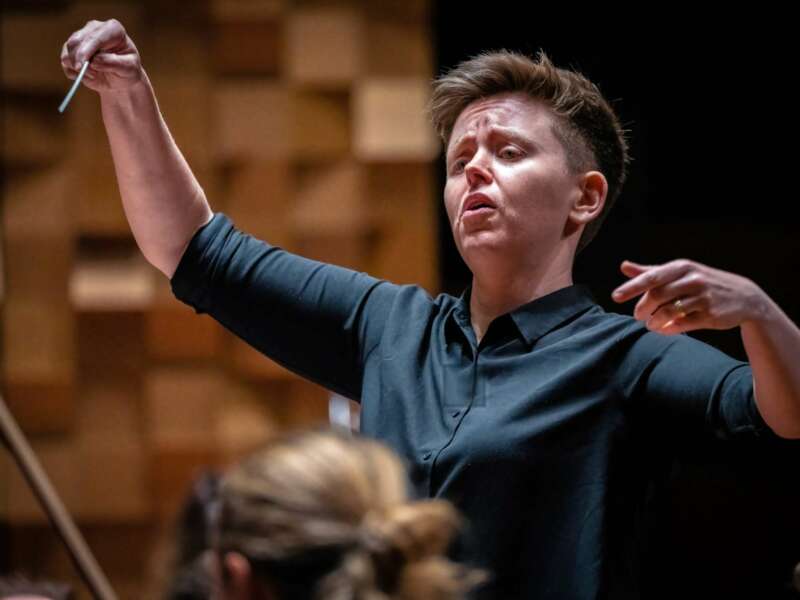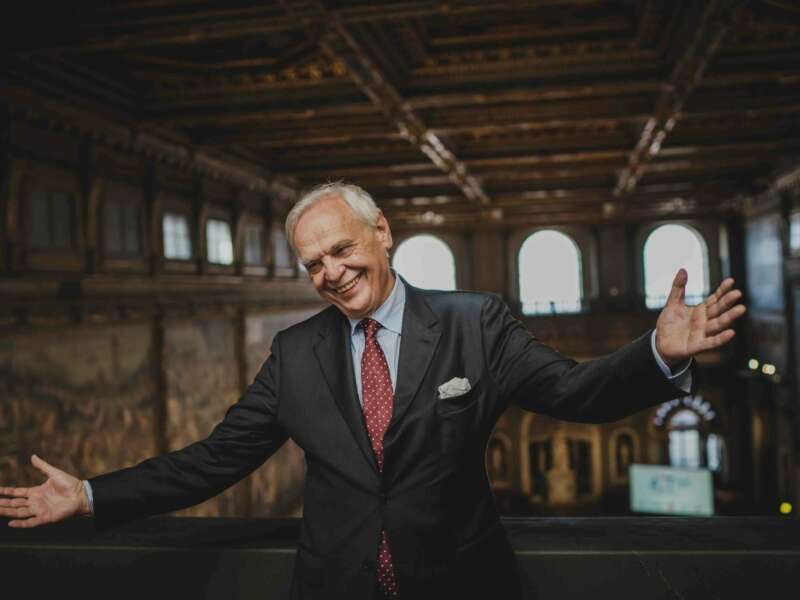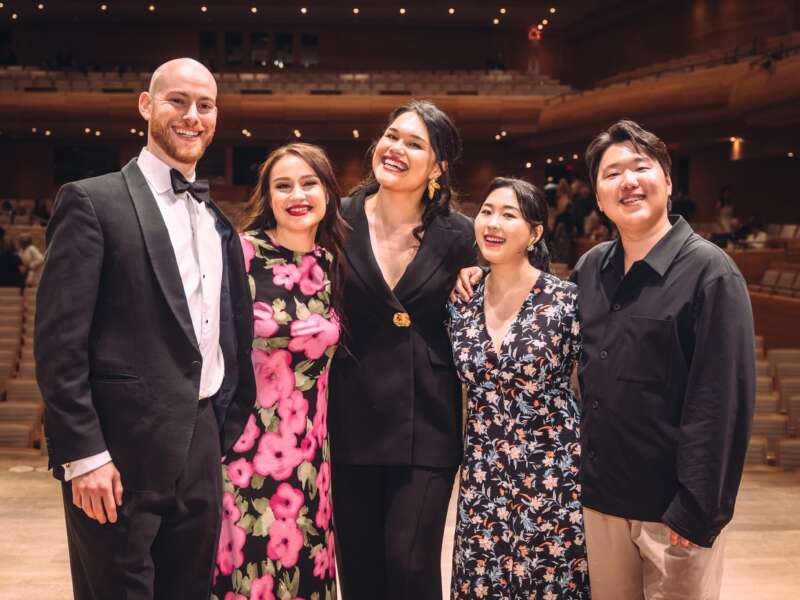Violist Tabea Zimmermann Talks Competition Advice
Zimmermann will be the chair of this year's viola edition of the Concours de Genève, in Switzerland
The 79th Concours de Genève will be taking place in Geneva, Switzerland from November 4–12, 2025. Open to all violists born after November 12, 1995, regardless of gender or nationality, the competition's First prize winner will receive CHF 20,000. Applications are closing on April 10, 2025.
Chaired by Tabea Zimmermann, the 2025 jury comprises Tomoko Akasaka, Ettore Causa, Hsin-Yun Huang, Cynthia Phelps, Jean Sulem, and German Tcakulov.
The first-prize winner of the event in 1982, Zimmermann sat down with The Violin Channel to tell us more about her experience and give advice for this year's competing violists.
Tell us about your long association with the Concours de Genève.
The Concours de Genève has always been in my heart since my early and very unexpected first-prize win back in 1982! My contact with the organization has recently been renewed when they asked me to discuss the upcoming viola competition in November 2025.
How does it feel to be back as the Chair of the Jury for the viola competition?
It is a great honor to be invited to chair the Jury and it was a lot of fun to discuss program ideas with the director and the team there. They are all so devoted to the idea of creating a special competition every year.
What memories remain the strongest with you from your experience at the 1982 competition, when you were awarded the 1st prize?
First of all, I have to admit that it is a loooong time ago:-)
I was so young and took my first chance in an international competition. I treasure strong memories of making friends there among other violists. The last night before the finals, we spent the evening together going to a local circus performance. This is a particularly nice memory. Everything felt exciting and fascinating, and I never expected to be granted a first prize. Maybe this was my luck that I did it for the experience.
At the time, how did winning the competition help the ascension of your professional career?
One of the most important invitations I got afterward was from Gideon Kremer and the Lockenhaus Festival in Austria, where I returned a few summers, met many wonderful musicians, got to know a lot of chamber music, met composers like Alfred Schnittke, Arvo Pärt, Sofia Gubaidulina and others. This opened many doors for me and I am truly grateful for that.
Apart from that, I had some nice first invitations as a young soloist with orchestras, mainly in Germany. But I was also just starting my official studies in Freiburg with Ulrich Koch, with whom I had been in a special program for youngsters before and who had prepared me for the competition.
Do you feel that the conditions and environment for building a career are different now, than when you were 15 years old and a candidate in this competition?
Of course, a lot has changed! I cannot imagine a young violist today being so ’naive’ as I was at the time.
Playing standards are higher, repertoire demands are much different, and maybe the viola is more accepted today as one of the many wonderful instruments. And as a side effect, competition seems also harder today, because there are wonderful young players coming from many different countries and schools.
As a jury member, what special qualities are you looking for in this year's prize winners?
With the program we put together for the competition, we want to encourage the young violists to present themselves in a wide variety of aspects and give them space to develop some artistic ideas. I very much like the idea of the Concours de Genève to ask for an artistic program presentation as well as all the varied pieces we suggested for the different rounds. We are looking for a multi-faceted musicianship and artistic vision to be translated into playing. Hopefully, there will be many young violists who will feel challenged to learn pieces. This will also show their ability to build something on top of the tradition in which they were trained.
Who would you encourage to apply for this year's competition? Who could benefit most from the experience?
This is a difficult question that I might be able to answer only after the competition. When we had our program discussions, we were thinking of giving some incentive to learn new repertoire, play chamber music, and widen the competitor's horizons through their preparation.
We did not know then, that 2025 would be a year of several wonderful viola competitions (Tokyo, Hindemith-Competition Munich, and we already saw the Tertis and Aronowitz Competition) It turns out to be a very challenging viola year!
I see the most benefit for young artists who can see themselves on a long road of lifelong learning and know how to pick the challenges that fit their individual development. Totally exciting!
My advice for young violists is this: try to see your talents and your already acquired skills as a starting point for further learning. Nobody has to take part in competitions at all. Question if you can find it exciting to embark on a challenging adventure, put maximum energy into it, and be relaxed enough to not question your path — especially if the Jury members's individual evaluation of values puts someone else before you.
june 2025


